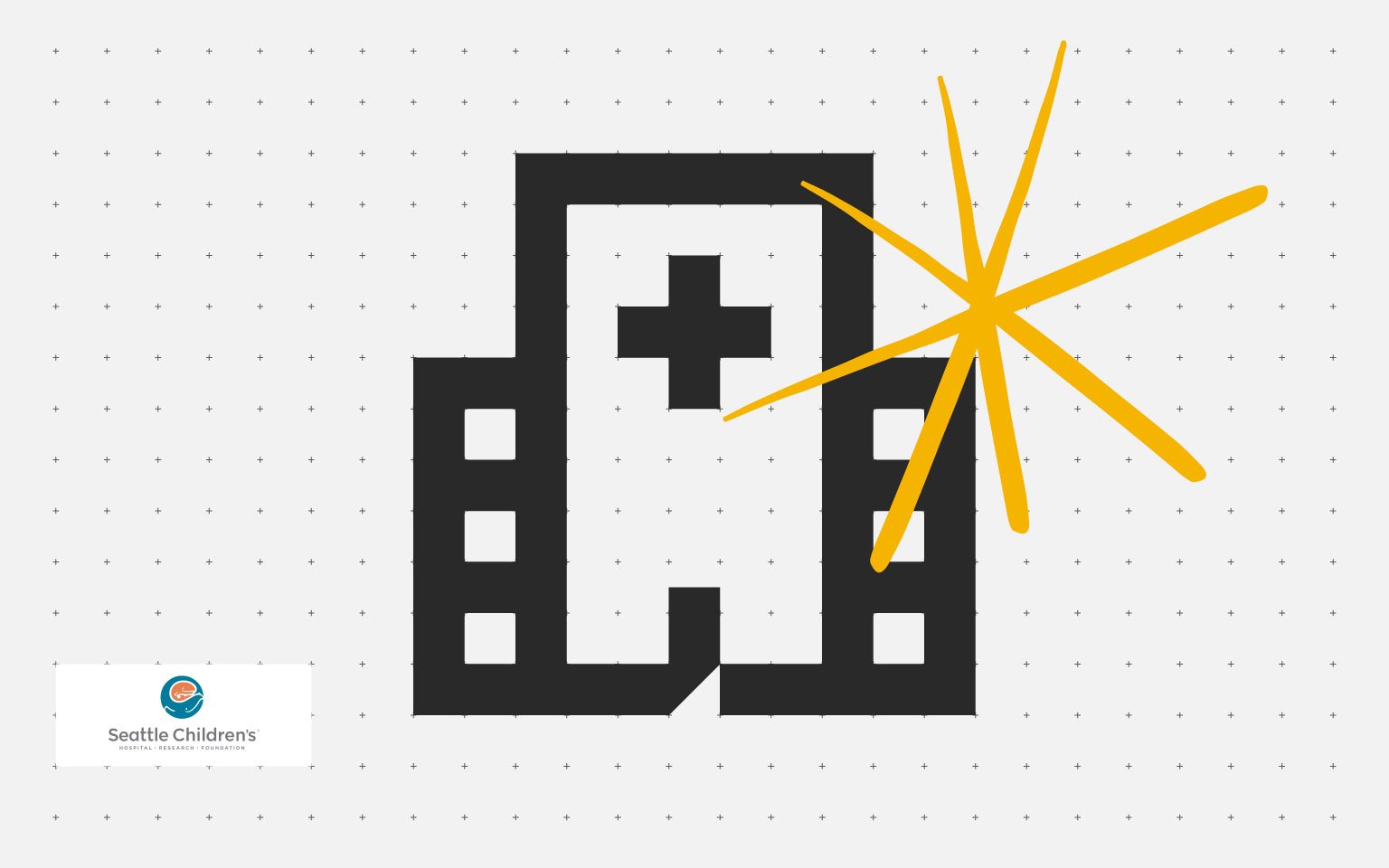
Seattle Children’s is one of the largest children’s hospitals in the United States. Serving families across 965,208 square miles of the country, their mission is to provide hope, care, and cures to help every child live the healthiest and most fulfilling life possible. They serve across 46 sites in Washington, Alaska, Montana and Idaho.
Zafar Chaudry, Senior Vice President and the Chief Digital and Information Officer at Seattle Children oversees the development of nearly 800 applications serving hospital staff, researchers, patients and their families. The workforce is made up of around 10,000 people working on-site and remotely within the hospital system and an information technology group of more than 450 team members.
On the other hand, Scott Bingham, Senior Director of IT core operations, looks after a 24/7 support desk serving clinical and non-clinical staff, as well as patients and families using MyChart, an app that enables communication with providers, access to lab results and telemedicine visits.
Since the beginning of the COVID-19 pandemic, the hospital system moved significant parts of its workforce to remote and hybrid working arrangements. “In IT and biomedical engineering, 80 percent of the 450-strong workforce now operates from home,” Dr. Chaudry reports. This shift, in conjunction with the ongoing imperative to “delight our customers,” as Mr. Bingham puts it, is driving the organization’s digital transformation efforts. The appearance of telemedicine on the list of app capabilities is another sign of the changes that the hospital has undergone in recent years.
Sharing and processing information, especially medical records, is essential to the hospital system’s provision of care, thus, printing and scanning play an important role in its technology platform. As a result, they needed to find a print network that could support their multi-site hospital system, in addition to increased hybrid and remote working. Confidentiality was another challenge to overcome as hospital records needed to be shared efficiently without compromising the security of sensitive information.
For staff to focus on providing essential patient care, Seattle Children’s aimed to keep its devices at 99% uptime or greater. As Dr. Chaudry highlights, the organization wanted to print minimal amounts with “paper as a backup.” The hospital also struggled to control a mix of modern and outdated printing devices, some of which were overutilized while others were underused, leading to expensive and inefficient maintenance.
Finally, since they migrated its printing and scanning fleet to Kyocera, they had moved their medical records onto the Epic electronic medical record (EMR) system, which presented challenges and gave Kyocera a chance to prove its worth.
Kyocera went above and beyond to help further our mission.”
Kyocera was able to leverage its experience in Managed Print Services by quickly analyzing the hospital’s entire document infrastructure and identifying areas where immediate gains could be made. Kyocera implemented a brand new, consolidated fleet of devices (including seven different models) which saw the overall fleet volume cut from approximately 2,000 to 1,300 machines. Kyocera Fleet Services was implemented to offer remote service, and the ability to conduct preventive maintenance helped to drastically reduce downtime.
Moreover, a full Kyocera team is now present on-site year-round to support the hospital’s fleet and managed services. Kyocera even invested time and engineering resources in writing custom drivers that could work with software that required older operating systems. “This kind of solution would not be possible if the organization sourced its equipment from a vendor that wasn’t selling its own technology,” Dr. Chaudry notes. In that case, “if it didn’t have the driver with it – good luck.”
Working with the new devices also represented an immediate improvement in reliability. Previously, Dr. Chaudry would see numerous printing issues escalated to his desk, where he and Mr. Bingham would have to discuss what needed to be done. But despite the challenges of the pandemic, with the Kyocera fleet, he says, “I’ve not had a single escalation on printing—not a single one.” That, he jokes, has kept him from having to take blood pressure pills.
The identity management features Kyocera offers helped the hospital system keep sensitive personal data secure and confidential. When staff are making use of multifunction devices’ scan-to-email capability – a benefit when trying to minimize the use of paper – it’s crucial that patient documents aren’t sent to the wrong person. The Kyocera system alleviates that risk. “The devices recognize who you are, then route the information correctly,” Dr. Chaudry says. The same system means he can go to any of the hospital’s sites, from Alaska to Montana, and scan or print a document there with the same credentials.
Data is shared and processed efficiently throughout the hospital system.
Kyocera developed custom drivers to integrate with existing software.
Sensitive personal data is shared securely and with the right people.
The hospital now enjoys full control over its entire print fleet.
By being physically present on-site, Kyocera is always there when needed.
A consolidated fleet with remote service drastically reduces downtime.
The impact of Kyocera’s strategy was instant. Seattle Children’s has consistently hit 99.9% of its service level agreement targets month over month across the entire printer fleet. The hospital is now on track to projected targeted savings of close to $3 million, while Kyocera has also played a key role in the successful roll-out of their electronic health record system, Epic EMR. All this adds up to the hospital being able to dedicate extra time and resources to deliver the best possible patient care.
Now that its devices are consolidated with Kyocera, Seattle Children’s enjoys responsive support and maintenance. “It’s important to have the right people, processes and technology”, says Mr. Bingham. Kyocera’s people have consistently wanted to help and have acted in the role of a partner rather than simply a technology vendor.
A key element of what it means to be a partner is helping customers work through the unique challenges they face when implementing new technology. For Seattle Children’s, the shift to Kyocera devices happened amid the COVID-19 crisis, when many of its teams were working remotely. Mr. Bingham describes how Kyocera overcame supply-chain constraints to deliver the required equipment and worked on-site to carry out the implementation “in a safe, responsible way” of roughly 1,300 devices.
“Historically, printing is the Achilles’ heel with a medical records system,” says Mr. Bingham. “It’s the area that causes pain.” But working with Kyocera, “it was a non-issue: the printing just worked with our Epic implementation.”
But the partnership is about more than just business. Kyocera, motivated by founder Kazuo Inamori’s injunction to “do the right thing as a human being”, took an interest in the mission of Seattle Children’s and the families it serves, who may not have the capacity to pay for life-saving treatment, or whose difficulties with social determinants of health – such as food and housing security – place further strain on their well-being.
Kyocera not only donated funds to Seattle Children’s to assist its mission, but also supported charity events such as a golf tournament organized by the hospital system and its Housing Solutions for Hope Guild, which focuses on addressing housing insecurity. “They’re not doing these things just because they have a business agreement with us,” says Dr. Chaudry. The relationship the two organizations have forged comes from finding in each other a counterpart similarly driven by principles and a sense of purpose. “As they got to know us, the work we do and why we do it,” notes Dr. Chaudry, “they came forward to say they wanted to help. Kyocera cares about us as an organization. They understand our mission and what we’re trying to do.”
